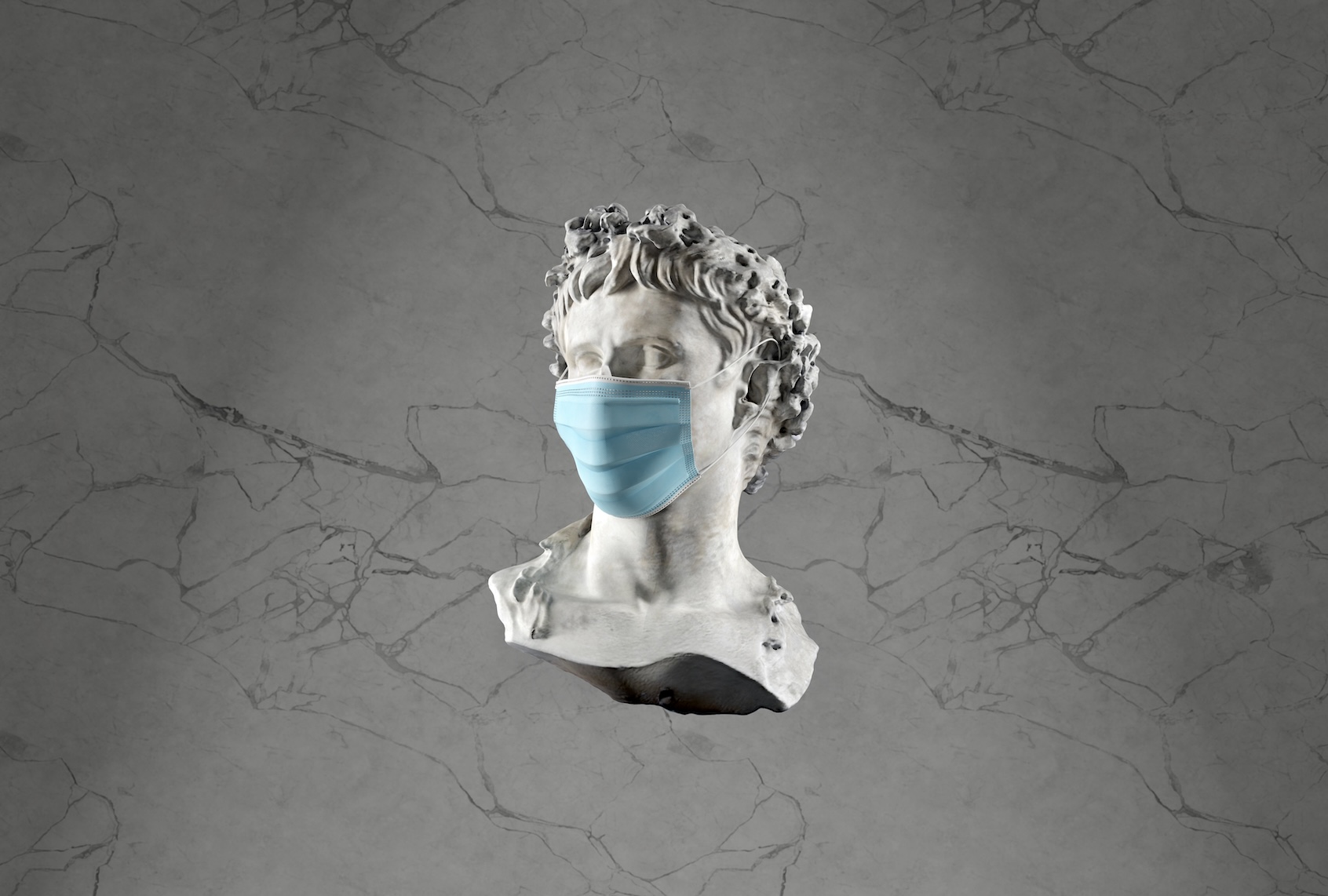Now Reading: More than a plague: How colonialism, class and incarceration feed disease outbreaks
-
01
More than a plague: How colonialism, class and incarceration feed disease outbreaks
More than a plague: How colonialism, class and incarceration feed disease outbreaks

In 2020, historian Edna Bonhomme found herself in Berlin, Germany, amidst the COVID-19 pandemic, offering her a unique case study for her research on epidemics. As a person of Haitian descent, she navigated the complexities of Black life in a country with its own form of racism. Bonhomme engaged with Black women from various backgrounds to explore how the pandemic and lockdowns intersected with issues of privilege, oppression, and resistance.
Observing the Black Lives Matter protests and drawing inspiration from various historical accounts of plagues, Bonhomme reflected on her personal experiences and family history, weaving them into her new book, “A History of the World in Six Plagues.” Her book delves into six historical and modern epidemics, examining the social, economic, and racial factors that influenced their impact.
Bonhomme highlighted the interconnectedness of colonialism, racialization, gender roles, and class in shaping responses to epidemics like sleeping sickness, cholera, and COVID-19. She also discussed the implications of policy decisions on vulnerable populations, such as frontline workers and marginalized communities, emphasizing the need for a more equitable and inclusive public health response.
Furthermore, Bonhomme explored the role of mutual aid networks and community support in times of crisis, acknowledging their importance while calling for a more robust government response to public health emergencies. She also discussed the impact of carceral systems and punitive policies on marginalized groups, emphasizing the need for a more compassionate and effective approach to addressing infectious diseases and other public health challenges.
Through her research and writing, Bonhomme emphasized the power of literature and diverse sources of knowledge in understanding and responding to epidemics. She drew parallels between prison literature, plague literature, and real-life experiences, highlighting the importance of storytelling and reflection in navigating times of crisis and uncertainty.
In conclusion, Bonhomme’s work underscores the need for a holistic and anti-oppressive approach to public health, one that values community engagement, trust-building, and equitable access to resources. Her exploration of historical epidemics and personal narratives offers a nuanced perspective on the social, political, and cultural dimensions of health crises, inviting readers to reflect on how we can collectively address and overcome future challenges.






